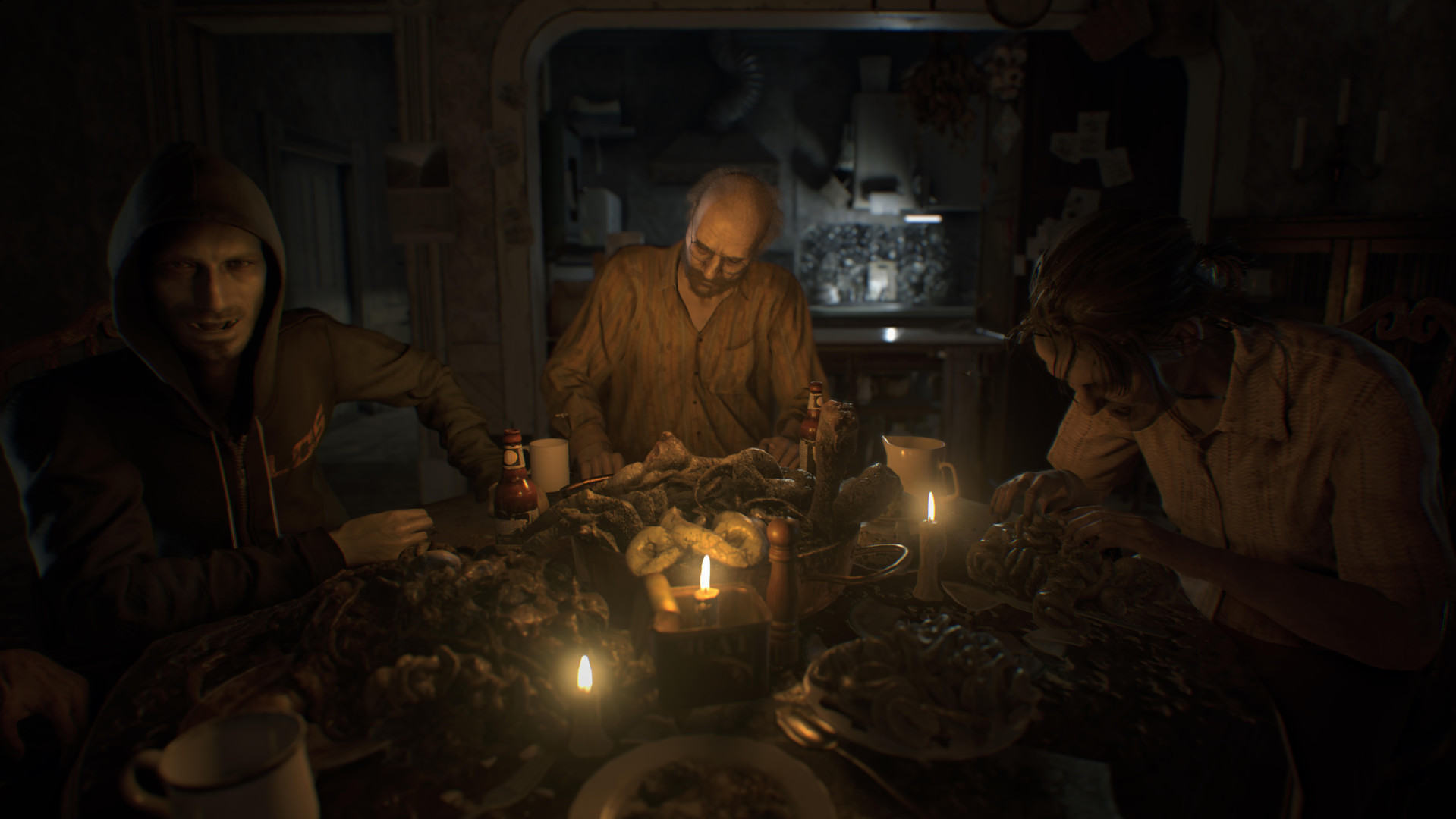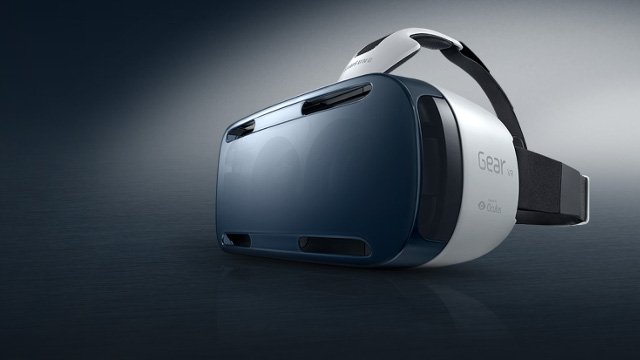Like many new technologies, virtual reality’s staying power has been called into question. Is there really anywhere for this form of gaming to go, and if so, then how far? Is it just a fad, or is it something more meaningfully transformative than that?
These are all good questions. It can be hard to predict exactly what will or won’t take off. Many people thought that television was a novelty that would soon die off, and others expected the Internet and telephones to fail spectacularly. On the flipside, people probably didn’t expect arcades to die out when they did and Nintendo certainly expected the Virtual Boy to take off rather than cause migraines and fade into obscurity almost immediately.
That said, virtual reality simply seems to have too much potential for immersion to be nothing but a passing craze. The ability to directly insert gamers into virtual environments cannot be underestimated as a powerful tool for creating emotional responses.
These emotions can vary between those of joy and playfulness while playing the simple Dumpy: Going Elephants game, in which players are tasked with flinging their heads around to bash stuff with an elephant trunk in a surreal cartoon landscape, or terror when playing the VR version of the critically-acclaimed Resident Evil 7. When you get right down to it though, it is these responses that make gaming the brilliantly interactive medium that it is, and the closer they’re linked with actual player movements and senses, the more intense they will be.

There’s also the advantage of scale. Looking at something on a screen may give you a good idea of how big something is supposed to be in relation to the player-character easily enough, but whereas it’s one thing to see two character models and compare their sizes or to look from a first-person viewpoint to get an idea of how large an object is meant to be, it’s another thing to actually see for yourself, and this is something that virtual reality excels at. No matter how big a monster may be on a television screen, it just won’t ever compare to the sense of being dwarfed by something gigantic as you look directly at it from your own point of view.
Now, there are a number of unique challenges that virtual reality presents. On the PSVR, the player’s movement is mostly restricted by rollercoaster-like on-rails games, which leads to motion sickness and nausea in many players. It can also be difficult for developers to strike the right balance between realistic and stylized, leading to the uncanny valley effect.

What isn’t unique, however, is that virtual reality is facing challenges in the first place. Every major technological revolution in history has faced challenges, and virtual reality is no different. The fact that we can so clearly identify them and the fact that people are already working to fix them or use them to their advantage should speak volumes to how worthwhile people see virtual reality as an experience.
Rick and Morty co-creator Justin Roiland, for instance, has started his own virtual reality game company with The Stanley Parable designer William Pugh, and their work has been genius so far. Their first game, Accounting, is a work of absurdist brilliance, and it’s an experience that just wouldn’t be the same if you were to look at it from the couch rather than seeing it in full virtual space. The two creators took the limitations of virtual reality and ran with it, leading to a game that is probably better than it would’ve been with no constraints at all. That kind of output is not something to be taken lightly.
So, do we think virtual reality is going to replace console gaming? No. People are always going to want to sit down with a controller and play more traditional video games. Still, we don’t think virtual reality is going away anytime soon either, and as technology advances in that field, we can only expect it to get better. Isn’t that exciting?











